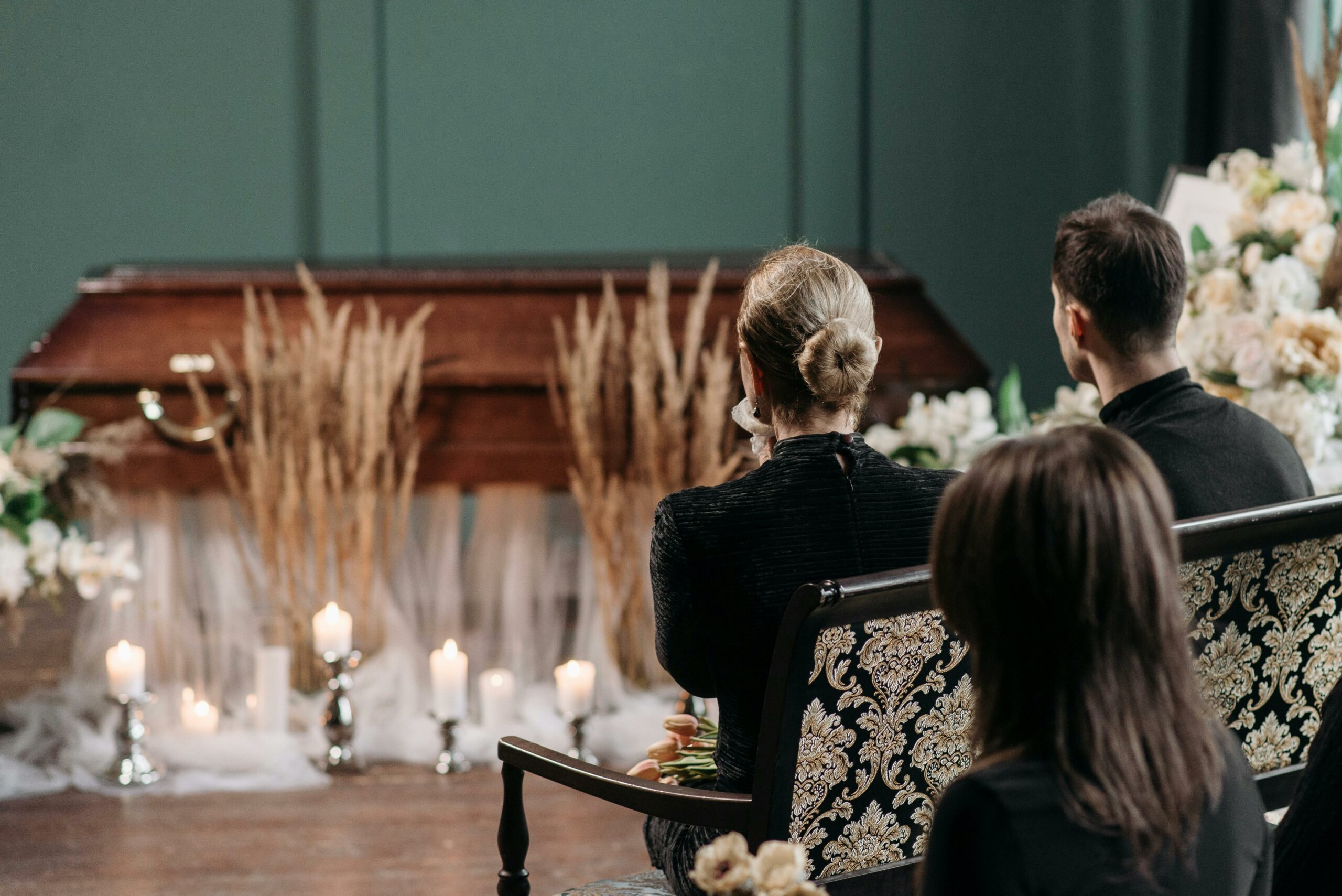For years, they built a life together. They raised two children, navigated the challenges of a long-distance relationship for work, and, most significantly, began the process of uniting their families through the payment of lobola. In the eyes of their community and family, they were husband and wife. But in the eyes of an insurance policy, she was invisible.
This is the story of a woman who, after the tragic death of her partner, had to fight not only her grief but also a major corporation to be recognized as his lawful customary wife. Her recent victory at the Life Insurance Division of the National Financial Ombud is more than a personal triumph; it’s a powerful affirmation that the law must adapt to the living reality of love and tradition.
A Claim Denied, A Widow Challenged
When her partner passed away from natural causes, she naturally turned to the Sanlam life insurance policy where he had named her as his spouse eight years prior. But her claim for funeral benefits was rejected.
Sanlam’s defense was twofold. First, they argued she did not fit the strict definition of a “spouse” in their policy. Second, they pointed to a specific cultural detail: she had not adhered to traditional mourning customs, such as sitting on a mattress, and therefore could not be considered a true customary wife.
It was a double blowusing her own culture against her while ignoring the substance of her decades-long relationship.
The Ombud’s Groundbreaking Ruling
Denise Gabriels, the Lead Ombud, saw past the rigid checklist. In a ruling rooted in equity and fairness, she dismantled the insurer’s arguments piece by piece.
She acknowledged that while the couple lived apart at times due to employment, this did not negate their spousal relationshipa reality for countless South African families. She noted that affidavits from family members confirmed the union, and bank statements showed the deceased provided regular financial support, a practical hallmark of a marital partnership.
Crucially, the Ombud made a landmark statement on the nature of customary law itself: it evolves to reflect social realities. The payment of lobola was not just a transaction; it was a clear demonstration of the couple’s and their families’ intent to formalize their union within the framework of custom.
A Victory for Modern Relationships
The ruling sends a clear message to financial institutions: a customary marriage cannot be invalidated by the absence of one ritual or by temporary geographical separation. Socioeconomic circumstances shape modern relationships, and the law, like culture, is not static.
In the end, Sanlam complied with the ruling and paid the claim. The decision is a vital precedent, ensuring that the depth of a relationship is measured by its commitment and shared life, not just by a policy’s fine print or a rigid interpretation of tradition. For this widow, and for many in similar situations, it is a hard-won recognition that her love and her marriage were always real.




























